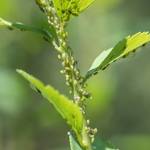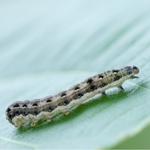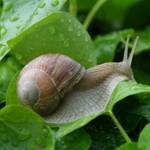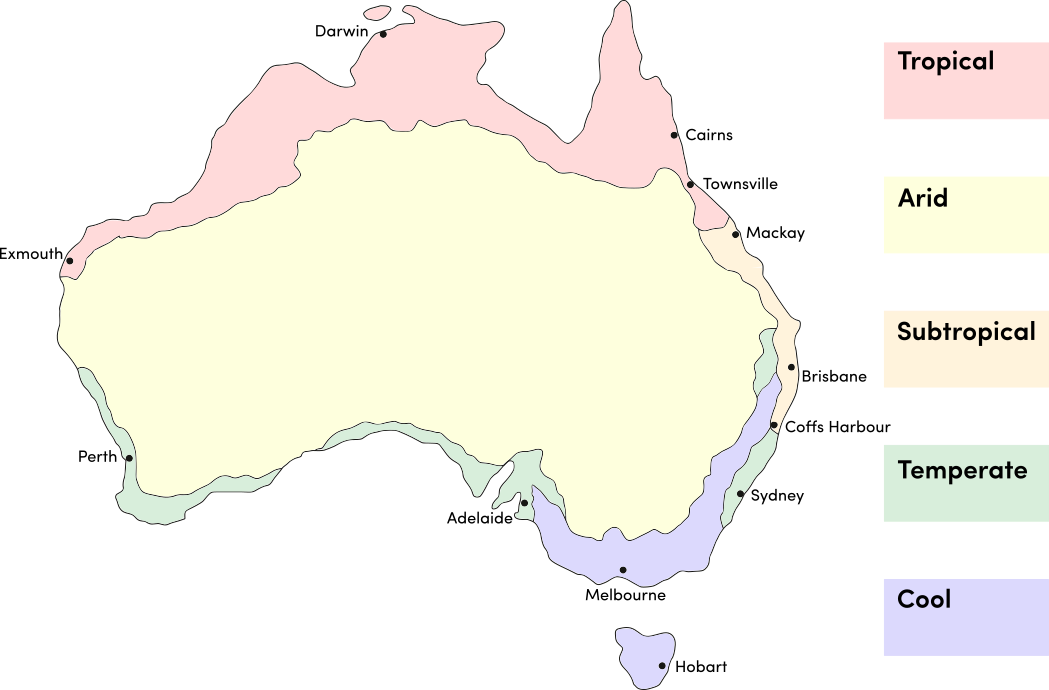
How to Grow Fennel Seeds
Grow Guide #2270
Family: Apiaceae
Binomial name: Foeniculum vulgare
Life Cycle: Biennial (usually grown as an annual)
This 'How to Grow' guide details everything a home gardener needs to know to plant, grow and care for Fennel (Foeniculum vulgare).
Fennel (Foeniculum vulgare) is grown for its leaves or seeds. Florence fennel (Foeniculum vulgare dulce), also called finocchio, is a variety of fennel that is grown for the 'bulb' (actually the swollen base of the stems) that forms at the base of the plant. To learn how to grow Florence fennel, click here.
When to Sow Fennel Seeds
Fennel can be grown year-round in most climates. Avoid planting in extremely hot or cold weather which can affect germination and growth. Use the table below to identify the best time of year to sow fennel in your climate.
| JAN | FEB | MAR | APR | MAY | JUN | JUL | AUG | SEP | OCT | NOV | DEC | |
|---|---|---|---|---|---|---|---|---|---|---|---|---|
| Cool | ||||||||||||
| Temperate | ||||||||||||
| Sub-Tropical | ||||||||||||
| Tropical | ||||||||||||
| Arid |
Preparation
Fennel plants are best grown in full sun. Choose a location that will receive at least 6 hours of full sun each day.
Fennel plants need a well drained soil enriched with plenty of organic matter. Prepare soil by weeding it thoroughly, digging it over to loosen it and adding aged animal manure or compost. Keep the area free of weeds until planting. Learn more about preparing soil for planting here.
Fennel plants can be grown in containers. If possible choose a variety that’s recommended for container growing. Use a good quality potting mix and make sure your container is large enough for mature plants; a minimum of 40 litres is recommended for fennel. During the growing season, keep in mind that container grown plants may need additional fertiliser to encourage healthy growth.
How to Sow Fennel Seeds
Fennel seeds do not require any treatment (eg soaking, stratification) before sowing.
Fennel seeds grow best when they are sown directly into the garden.
- Sow seeds directly in the garden 8mm deep and 40cm apart, with rows 60cm apart.
- Keep soil moist but never wet or dry.
- Seeds should germinate in around 7-14 days at a soil temperature of 10-30°C.
- Young seedlings will need protection from pests, pets and weather until they are established.
Fennel is a cool season crop that will bolt in very hot weather. Do not transplant seedlings or sow seeds outside in very warm temperatures.
How to Grow Fennel
Fennel plants may need watering during the growing season. Water when the soil is dry about 5cm below the surface (test this by scratching away a little soil with your finger). Water deeply in the early morning or late afternoon. Avoid watering the leaves of plants to avoid fungal diseases. Learn more about watering here.
If soil was well prepared no extra fertiliser should be necessary. In poor soil or to give your plants an extra boost, application of a balanced fertiliser or one formulated for fruit and vegetables can be beneficial:
- Apply slow release fertiliser at the recommended rate when transplanting or when seedlings are 5-10cm tall.
- Apply liquid fertiliser at the recommended rate and frequency while plants are fruiting or flowering.
How to Harvest Fennel
Fennel should be ready to harvest in approximately 80-100 days.
Leaves are ready to harvest when they are large enough to eat, and can be harvested as needed. Harvest leaves by pinching off the outer leaves, leaving some on the plant for future growth. Eat fennel leaves as soon as possible after they're harvesting. Fennel leaves can be stored short term in a perforated plastic bag in the fridge.
Seeds are ready to harvest once the flowers start to dry out and turn brown but before the seeds fall from the flower heads. Cut whole flower heads and put them in a paper bag. Store the paper bag in a cool, dry place for a couple of weeks until the seeds are completely dry. Shake individual seeds from the flower heads and remove any chaff. Fennel seeds can be stored long term at room temperature in an airtight container or jar.
Common Problems when Growing Fennel
Like all plants, fennel is susceptible to some pests, diseases and other problems. Below is a list of the most common problems gardeners encounter when growing fennel plants:
 Aphids are small (2-4mm long) sap-sucking insects that congregate on the new shoots or the undersides of leaves. They can cause leaves to wilt or become discoloured, and also excrete honeydew which can attract ants and other insect pests. To manage aphids, remove them by spraying with a garden hose, apply a soap or alcohol spray, or encourage predatory insects to your garden. Read more about aphids here.
Aphids are small (2-4mm long) sap-sucking insects that congregate on the new shoots or the undersides of leaves. They can cause leaves to wilt or become discoloured, and also excrete honeydew which can attract ants and other insect pests. To manage aphids, remove them by spraying with a garden hose, apply a soap or alcohol spray, or encourage predatory insects to your garden. Read more about aphids here. Bolting is when a plant prematurely flowers and goes to seed. Bolting can be caused by a period of extreme weather. Avoid sowing seed until after the danger of frosts has passed or in very hot weather. Water plants regularly and deeply in hot weather to prevent them suffering heat stress.
Bolting is when a plant prematurely flowers and goes to seed. Bolting can be caused by a period of extreme weather. Avoid sowing seed until after the danger of frosts has passed or in very hot weather. Water plants regularly and deeply in hot weather to prevent them suffering heat stress. Bulbs not forming can be a result of growing the wrong variety, sowing seed at the wrong time of year, growing fennel in hot conditions or inconsistent watering. Plant seeds at the recommended time and keep the soil evenly moist but not waterlogged. Make sure you are growing Florence fennel as other types of fennel do not form bulbs.
Bulbs not forming can be a result of growing the wrong variety, sowing seed at the wrong time of year, growing fennel in hot conditions or inconsistent watering. Plant seeds at the recommended time and keep the soil evenly moist but not waterlogged. Make sure you are growing Florence fennel as other types of fennel do not form bulbs. Cutworms are moth larvae that live in the soil, emerging at night to feed. The caterpillars are 3-4cm long and white, grey or brown in colour. They can chew through the stems of tender seedlings, felling them at ground level. Remove cutworms by hand at night or use cardboard collars to protect the stems of seedlings.
Cutworms are moth larvae that live in the soil, emerging at night to feed. The caterpillars are 3-4cm long and white, grey or brown in colour. They can chew through the stems of tender seedlings, felling them at ground level. Remove cutworms by hand at night or use cardboard collars to protect the stems of seedlings. Slugs and snails are molluscs that feed on tender leaves and shoots, mostly at night, leaving slimy trails behind them. Control them by removing their hiding places, keeping free range poultry, collecting them by torchlight or by placing traps. Read more about slugs and snails here.
Slugs and snails are molluscs that feed on tender leaves and shoots, mostly at night, leaving slimy trails behind them. Control them by removing their hiding places, keeping free range poultry, collecting them by torchlight or by placing traps. Read more about slugs and snails here.


.png)




